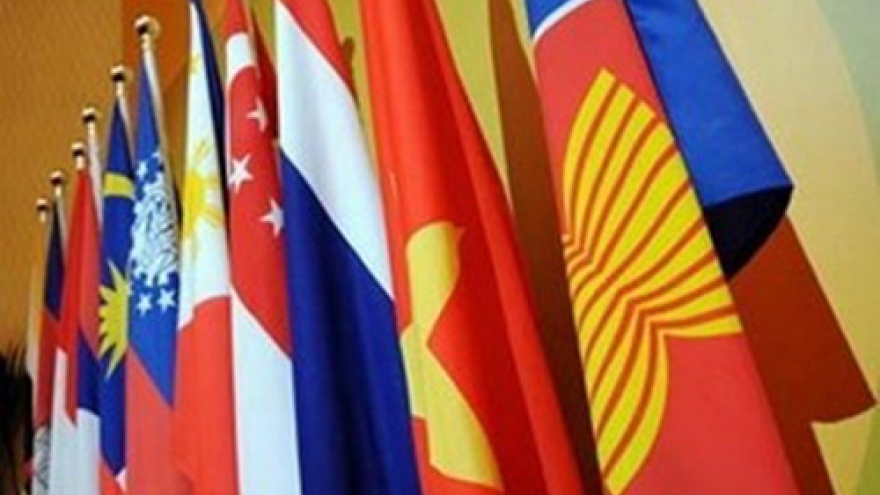Asean Regional Business Council launches in Hanoi
VOV.VN - The launch of an Asean Regional Business Council (RBC) was announced on October 25 at a press conference at the ongoing World Economic Forum on the Mekong Region in Hanoi.
 |
Mr Razak, who is the inaugural chair, said the Asean RBC comprises 25 Asean businesses and 30 global companies. It will champion initiatives that call for trust and cooperation between the public and private sectors within the region.
The RBC will focus on building – infrastructure, cross-border trade and investment within Asean, a digital economy, jobs and industry within the region and inclusive growth.
Overcoming some of the biggest challenges facing Asean depends on the business community and government working collaboratively together, said Mr Razak.
We want the RBC to be a voice of business to government so that we can collectively have a positive impact on the region and ensure that the hundreds of millions of young people across Asean have the brightest future possible.
The goal of the RBC, said Justin Wood, Head of Asia Pacific, World Economic Forum, is to contribute to unlocking Asean’s fullest potential. As an advocate for public-private cooperation, the RBC will serve as a platform where members can meet in an environment of trust and impartiality to debate important ideas and serve as a catalyst for action.
Both Razak and Wood noted the RBC will work closely with business groups in the region. They said the Asean Business Club will be involved in some of the RBC’s work, most notably to promote economic integration.
The RBC is expected to launch several other initiatives during the upcoming year. Among them is a strategic infrastructure program that promotes the concept of blended finance.
Asean has a large infrastructure deficit that cannot be addressed through public investment alone, said Mr Wood, adding that private capital is needed. However, because private investors perceive investments as too risky, they often fail to secure the financing needed.
Blended finance is an approach that harnesses the flow of official development assistance and marries it up with private capital in a manner to keep business risk within a manageable level.
Another key project will promote very small businesses (smallholders) as well as small- and medium-sized businesses in a manner that will promote growth so they can achieve regional scale and become the next generation of Asean business champions.
The World Economic Forum has been active in Southeast Asia for a quarter of a century and during that time has achieved a high number of public-private success stories.
For example, Grow Asia, launched in 2014, is a partnership between the Forum and the Asean Secretariat.
Its purpose is to improve the productivity and profitability of smallholder farmers and it is funded with US$10 million in official development assistance. It brings together governments, farmers and the businesses that buy the farmers’ produce, to work on issues such as supply-chain efficiency and training in farming techniques.
The World Economic Forum on the Mekong Region meeting in Hanoi, Vietnam has brought together 180 leading representatives from major multinationals, large Asean and Asia-Pacific companies, as well as academia and civil society.



